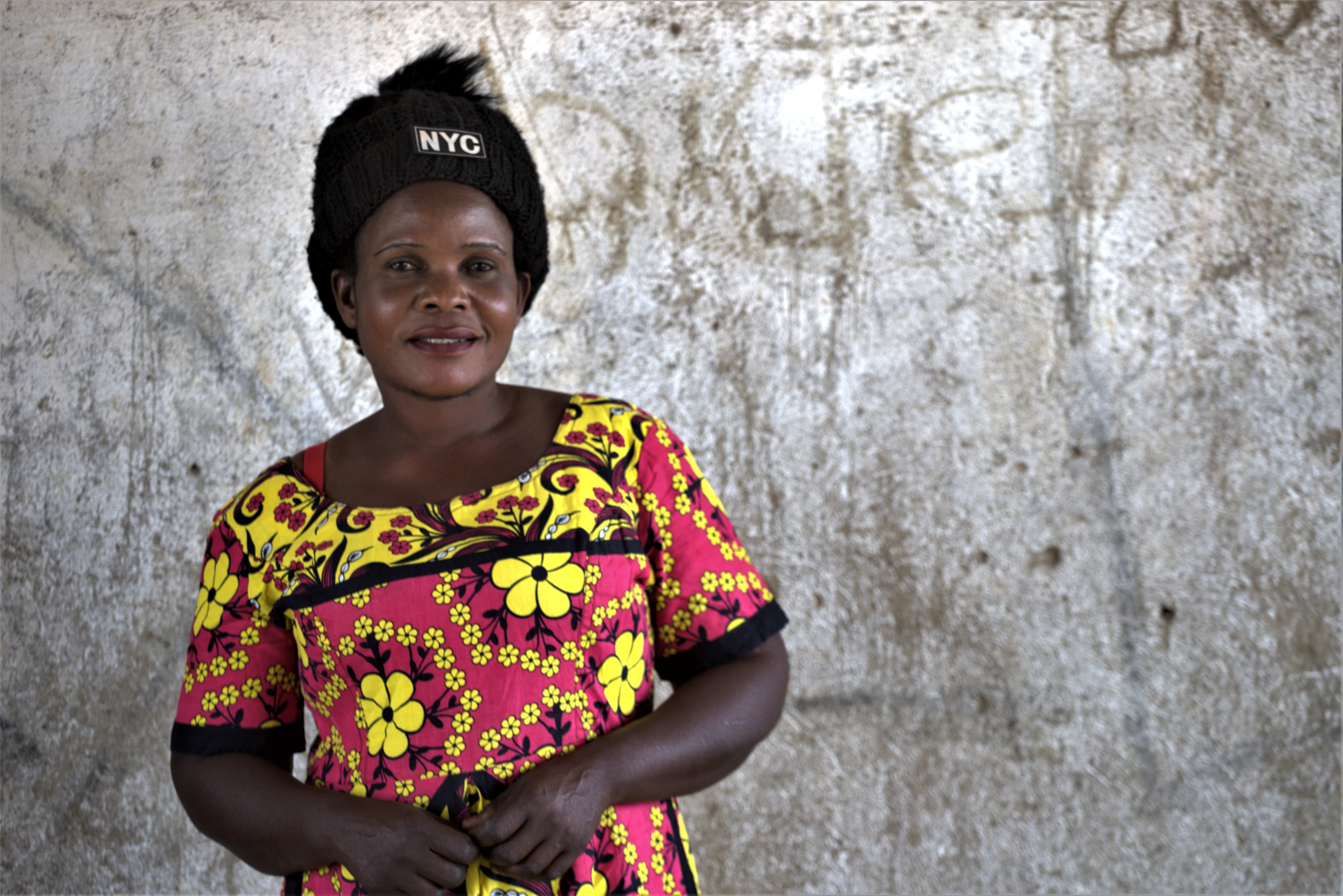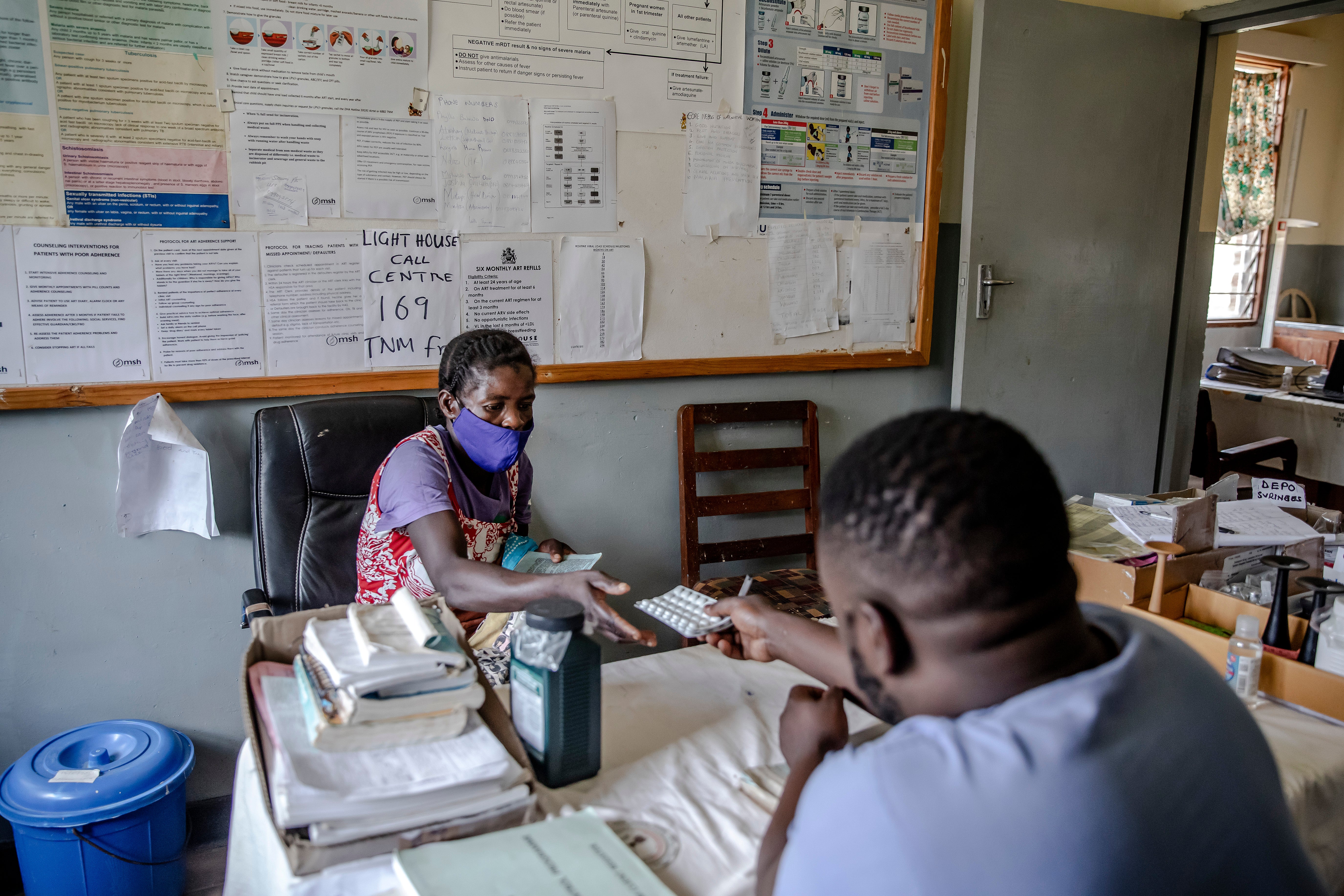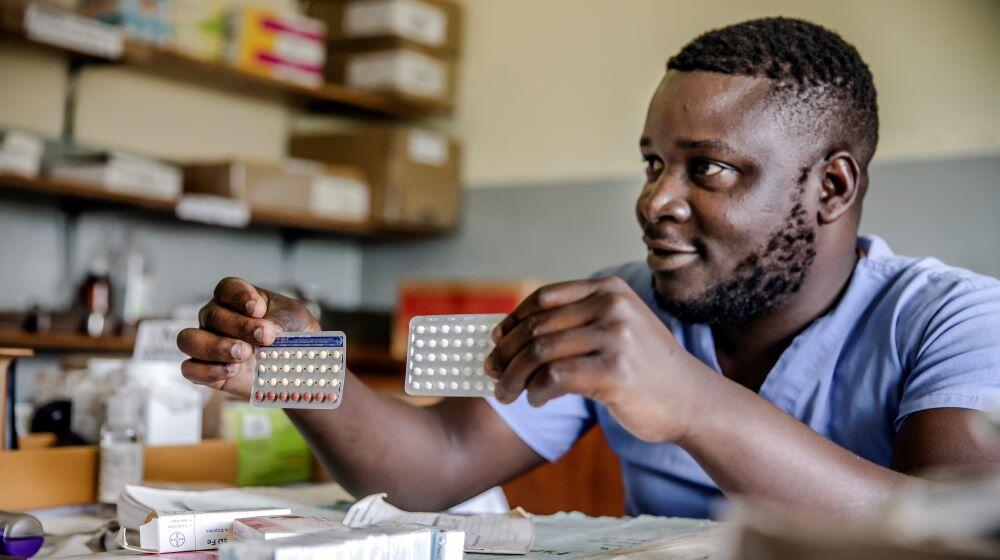KARONGA, Malawi - Before she started practicing family planning, Rosaline Kiyombo from Fundi village in Karonga would give birth after every two years. In her village, this was normal. However, her husband wasn’t pleased. Rosaline was spending much of her time raising the kids, which was slowly driving her apart from her husband.
“I didn’t have time for husband as I was always busy taking care of the kids,” she says. “I couldn’t event take good of myself. At one time, I had three little kids crying in the house.”

Demystifying family planning
Rosaline’s husband, who is a petty trader, had earlier advised her to start practicing family planning. She instead, was against the idea because of prevailing myths on family planning in the community.
“I asked my friends about family planning and they told me that it wasn’t good for my body,” who is also an agro trader, adding, “I then ignored my husband’s advice. But when I saw that my marriage was falling apart, I decided to get professional advice from health workers on family planning.”
The visit to the clinic opened a new whole horizon for Rosaline. The health staff helped her with all the information she required on family planning and the options available. On the same day, Rosaline decided to have an injectable contraceptive for three months. And, ever since, she hasn’t looked back.

“In the early days, it wasn’t easy as I kept forgetting when to have an injection again,” she says, adding “At one point, I got pregnant again and that’s when I decided to have a long term method of five years.”
Karonga is one of the many districts benefitting from the Tsogolo Langa programme supported by UNFPA with funding by the Foreign, Commonwealth and Development Office (FCDO). The six year programme aims to deliver sexual and reproductive health and family planning services to Malawians, especially young people.
Family planning empowering families
For the past five years Rosaline has been using the long-acting reversible contraception (LARC), her life and that of her family has changed for the better. As a business woman, the burden of caring for a large family affected her income.
“I buy the rice husks from millers and sell to chicken farmers in the district and beyond,” she says. “This is demanding work and with more children to take care of, I had to stop my business to focus on the kids.”
Family planning has not only allowed Rosaline to be back in business but to be close to her husband again.
“My husband would spend most of his time away and only come home in the evening,” she says. “After I started family planning, we are now very close. The children have grown up and we can sit down and plan about our future. Even now, I am looking younger because I am not giving birth now and again as before.”
By Joseph Scott and Milika Mdala


